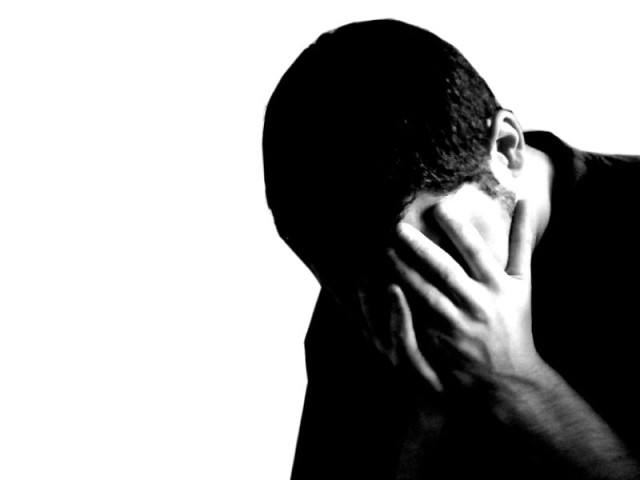Sindh Mental Health Act 2013: Activists bemoan lack of notification about rules
activists pleaded with the provincial law department to announce its rules

Thirteen months after the Sindh Mental Health Act 2013 was passed, activists pleaded with the provincial law department to announce its rules.
The Pakistan Association for Mental Health (PAMH) and Karachi Gymkhana (KG) celebrated the passage of the historic Sindh Mental Health Act 2013 at the gymkhana on Saturday evening, following World Mental Health Day on Friday.
The Sindh Mental Health Act 2013 has replaced the century-old Lunacy Act of 1912, after spending years languishing in the health department along with six other important bills since the devolution of powers from the federal government to the provinces in the 18th Amendment. Sindh is the only province in the country to have introduced new legislation for mental health.
However, although nearly 13 months have passed since the passage of the act, the law department has not yet announced its rules. "We were expecting Dr Sikandar Ali Mandhro, the law minister, to announce it today," PAMH president Prof S Haroon Ahmed, the man behind the act, told The Express Tribune.
He explained how the Lunacy Act 1912 had been implemented, as well as the issues he and his team had faced in amendments for the Mental Health Ordinance (MHO) 2001. "We had no rules and regulations for the MHO," he said. "We have none for the new act yet either."
Pointing out the difference between an ordinance and an act, PAMH patron Justice (retired) Nasir Aslam Zahid said that the former is a temporary law passed when there is no assembly session, often while martial law is in place.
"It is the responsibility of the civil society to highlight the difficulties faced by people living with mental health issues," said Zahid.
Meanwhile, Dr Justice (retired) Ghous Mohammad, who designed the regulations of the new act, also requested the law department to give a notification of the finalised rules so that the act could be implemented both in letter and in spirit.
Narrating how he became convinced of the need to make a difference in regard to mental health in Sindh, Dr Junaid Ali Shah, the caretaker health minister, said that he visited public hospitals and went to Dadu, Larkana and other areas of the province during his short stint as a minister. "The deplorable conditions, especially when comparing the lifestyle and facilities available to residents of rural and urban area, showed how much work needs to be done to help the deprived people of Sindh," he said.
Poverty is the main reason for mental illness, and mental health issues will not be resolved until and unless population growth is controlled, said other experts at the event.
Published in The Express Tribune, October 13th, 2014.



















COMMENTS
Comments are moderated and generally will be posted if they are on-topic and not abusive.
For more information, please see our Comments FAQ